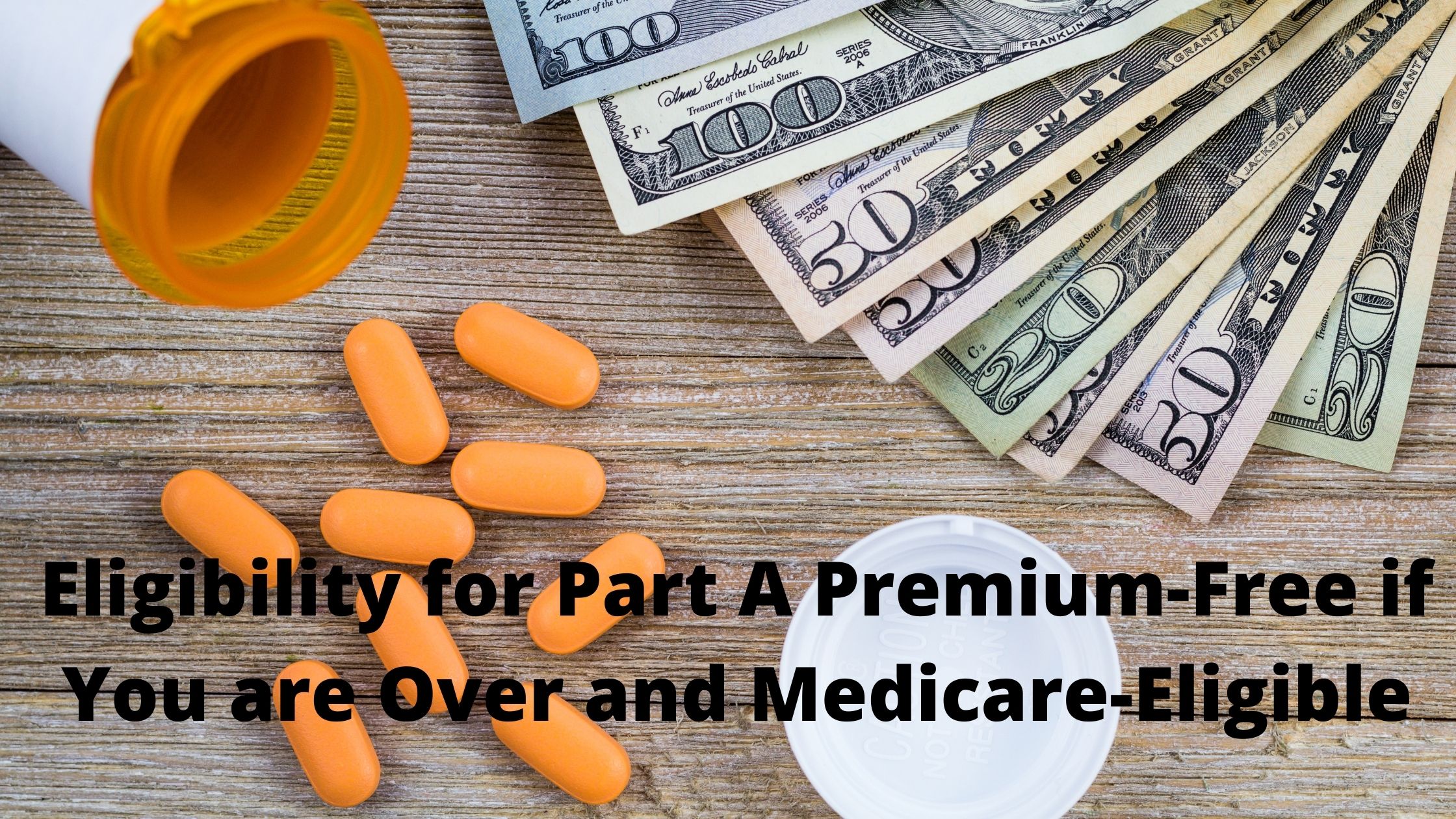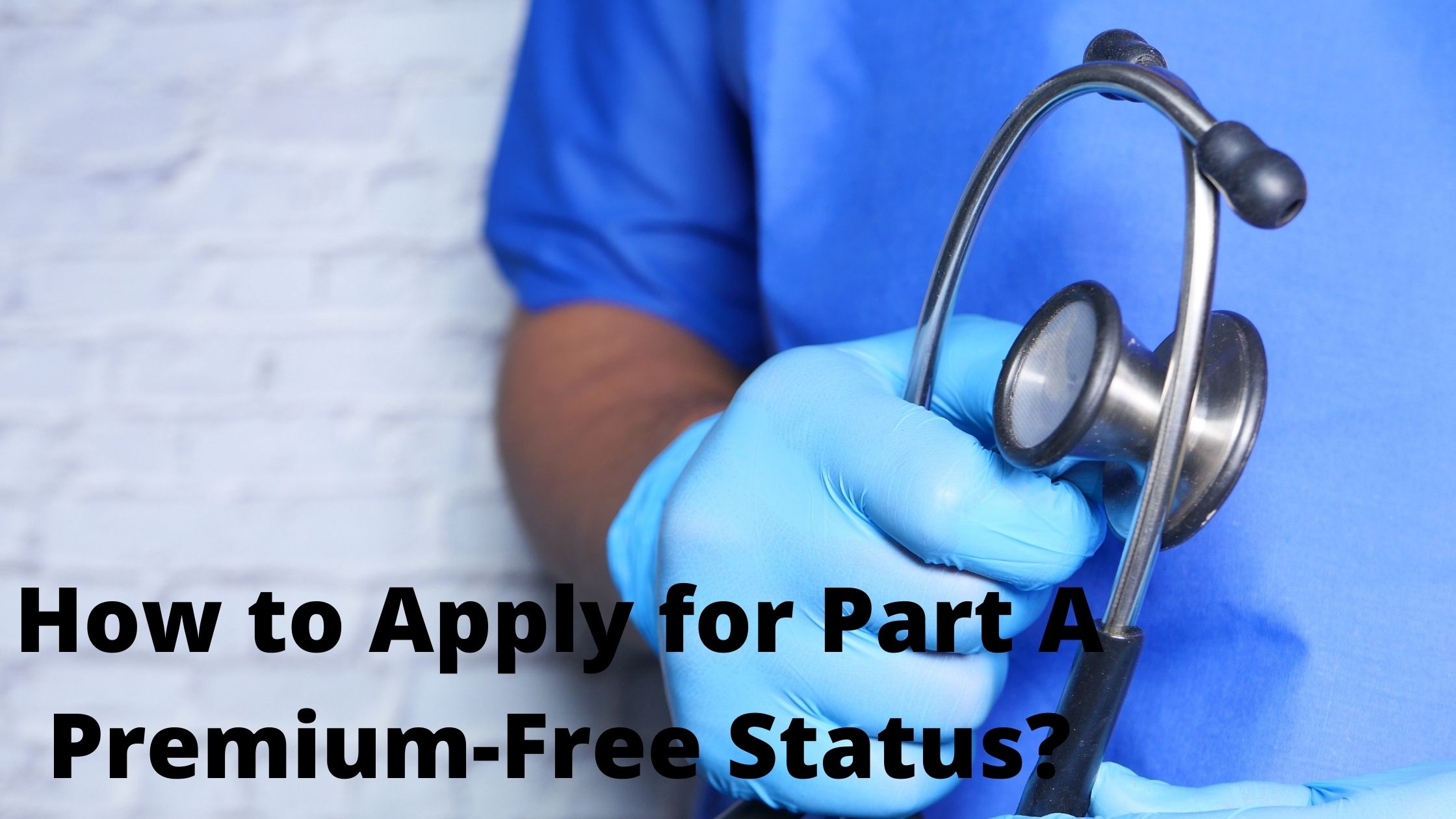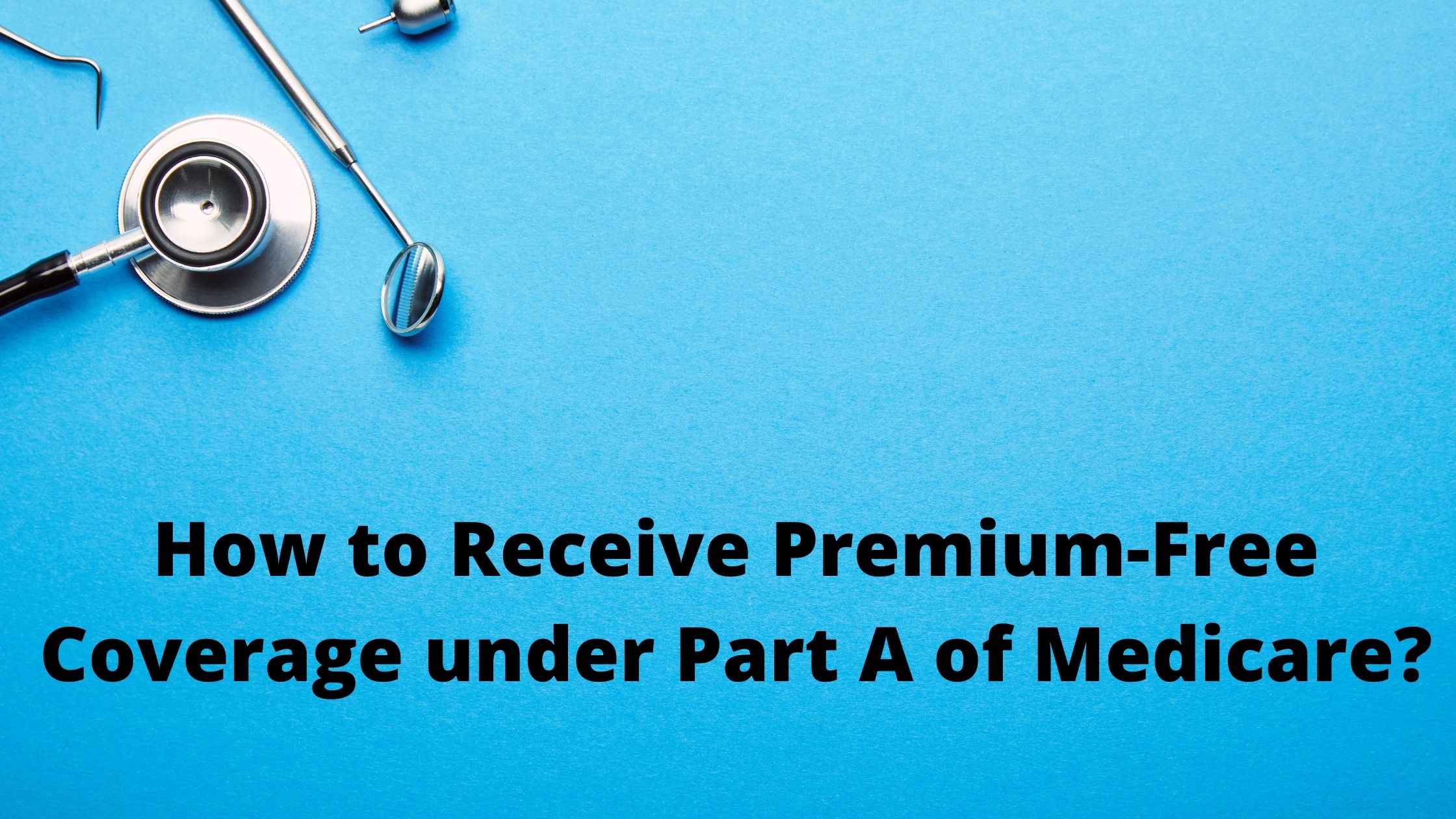Medicare is a government-funded healthcare program for people aged 65 or older, as well as people with certain disabilities. If you are Medicare-eligible and live in the United States, you may be able to receive Part A Premium-Free coverage. This article will outline the eligibility requirements and show you how to find out if you qualify.
Eligibility for Part A Premium-Free if You are Over and Medicare-Eligible
If you are over the age of 65 and Medicare-eligible, you may be eligible for Part A premium-free coverage. To qualify, you must meet all of the following requirements:
You must be over the age of 65.
You must be registered as a Medicare beneficiary.
Your income must be below a certain threshold.
Your income must be below 100% of the federal poverty level.
You must have paid at least 10% of your net income in premiums during the past year.
If you meet all of these requirements, you are automatically eligible for Part A premium-free coverage. However, you may still have to pay some Part A premiums if your income is above the limit. To find out more about Part A premiums, please contact your local Medicare office or visit Medicare.gov.
How to Apply for Part A Premium-Free Status?
If you are over the age of 65 and Medicare-eligible, you may be eligible for Part A premium-free coverage. To apply for Part A premium-free status, you will need to submit an application to your insurance company. The application can be downloaded from the insurance company’s website.
You will need to provide documents that prove your age and Medicare eligibility. These documents can include your social security card, proof of income, or a letter from your doctor stating that you are over the age of 65 and Medicare-eligible. You will also need to provide evidence that you have had health insurance coverage in the past. This can include a copy of your health insurance policy, a letter from your doctor, or a statement from the health care provider confirming that you have been covered in the past.
If you are approved for Part A premium-free status, your insurance company will send you a bill that includes a reduction in your monthly premiums. You will no longer pay any premiums for Part A coverage.
Changes to the Medicare Program in Affecting Eligibility for Part A Premium-Free Status
As of January 1, 2020, the Medicare program will change in a way that will affect eligibility for premium-free Part A coverage. Under the new system, individuals who are over the age of 65 and are also Medicare-eligible will no longer be eligible for premium-free Part A coverage. Instead, they will be required to pay a monthly premium.
This change only affects individuals who are already receiving Part A benefits through Medicare. It does not apply to people who are newly enrolled in Part A or people who have had their benefits terminated.
If you are currently receiving premium-free coverage through Medicare, you should contact your insurance company to find out how this change might affect your current coverage. You may need to switch to a different plan if your current plan is no longer available.
How to Receive Premium-Free Coverage under Part A of Medicare?
If you are over the age of 65 and eligible for Medicare, you may be eligible for premium-free coverage under Part A of Medicare. This means that you will not have to pay any premiums or deductibles.
To receive premium-free coverage under Part A of Medicare, you must first meet the eligibility requirements. These requirements include being over the age of 65 and having Medicare coverage already. You also must be able to demonstrate financial hardship in the event that you need to use Part A of Medicare.
If you are eligible for premium-free coverage under Part A of Medicare, contact your local Medicare office to find out more information. They will be able to help you apply for premium-free coverage.
Conclusion
A recent article published by eHealthInsurance discusses eligibility for Part A premium-free if you are over 65 and Medicare-eligible. The article covers a lot of information, including the following:
-If you are over the age of 65 as of December 31st of the year in which your policy is issued, your insurance company must provide evidence that you are either eligible for or meet the requirements for Medicare.
-If you meet all of the criteria above, your insurance company must also issue you a policy that is premium-free.
This is great news for seniors who might be struggling with paying their premiums each month. If you’re insured through an employer or government program, chances are good that they will cover part or all of your premium costs without requiring any proof from you. However, if you’re uninsured or have an individual health insurance plan (iHP), it’s important to understand what qualifies as “proof” and what isn’t covered.

